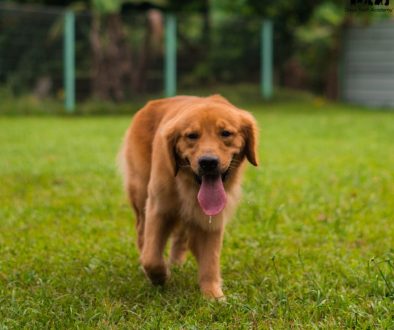Basic First Aid for Dog Owners: Why Daily Checks Matter
Doing a quick daily health check on your dog is one of the simplest ways to spot problems early and keep them healthy. Here’s what you should look out for:
Daily Health Checkpoints
- Eyes: Look for redness, discharge, or swelling. Seek veterinary care if you notice changes.
- Ears: Keep ears clean and dry. Redness, swelling, discharge, or odor may signal infection.
- Nose: A healthy nose is moist, not dry or cracked. Watch for unusual discharge or color changes.
- Mouth: Check teeth and gums. Signs of problems include bad breath, swelling, or broken teeth.
- Coat & Skin: Brush regularly. Check for fleas, ticks, parasites, lumps, or skin irritations.
- Paws: Inspect for cuts, sores, or foreign objects. Keep nails trimmed to a safe length.
- Abdomen: Gently feel for swelling, pain, or tenderness.
- Body Condition: Monitor your dog’s weight to prevent obesity.
- Behavior: Sudden changes in energy, appetite, or mood may indicate illness.
- Temperature: Normal dog temperature is 37.5°C to 39.2°C. Use a rectal thermometer if needed.
Preventive Care
- Vaccinations: Make sure your dog receives all the necessary vaccinations (parvovirus, distemper, rabies, leptospirosis).
- Parasite Prevention: Use flea, tick, and heartworm preventatives regularly.
- Spay/Neuter: Prevents certain cancers (mammary gland tumors in females and testicular cancer in males) and reduces overpopulation.
- Exercise: Provide daily physical activity to maintain your dog’s overall health, prevent obesity, and release pent-up energy. Exercise needs vary depending on your dog’s age, breed, and size, so consult your veterinarian for specific recommendations.
- Dental Care: Brush regularly and provide safe dental chews or toys.
Warning Signs to Watch For
- Sudden changes in appetite or thirst
- Persistent vomiting or diarrhea
- Limping or difficulty moving
- Coughing, sneezing, or breathing trouble
- Excessive scratching or licking
👉 Tip: If you’re ever unsure about your dog’s condition, always consult your veterinarian.

